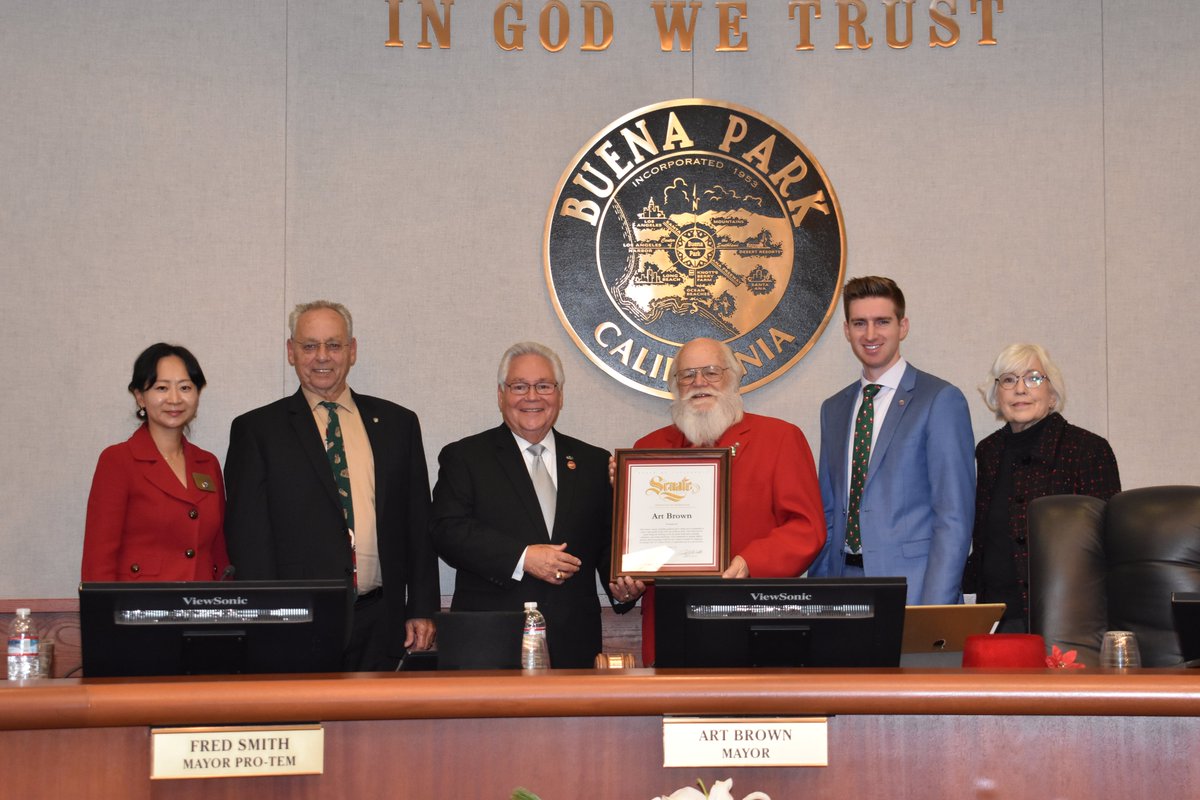By Brooklynn Wong
City staff submitted a Draft Coyote Management Plan to the City Council this week for approval. It has been a work in progress since at least last fall, when the city invited the public to a City Council Meeting to discuss the topic.
SEAACA and the California Department of Fish and Wildlife reviewed and approved the plan.
Assistant City Manager Aaron France admitted that, “We can only do so much here at the city…it’s incumbent on residents to educate themselves” and be vigilant. The draft can be seen on the city’s website, and contains most of what has already been said in Orange County urban coyote discussions, such as encouraging residents to keep an eye on their pets and get rid of anything on their property that would entice or harbor coyotes, and to haze them if they are aggressive, and to report sightings on the city’s website, where a map shows patterns in coyote activity around the city.
The presentation led to a spirited discussion on just what to do about the animals among the Council Members.
The well-documented incident this summer in which a coyote entered a home via a doggy door in the Bellhurst area and severely injured one small dog and carried off another, has given the issue some urgency in Buena Park.
Councilwoman Beth Swift said, “What if that had been a baby crawling around on the floor, is what I keep thinking.”
She was the most adamant of the Council Members in saying that something more needs to be done.
She spoke of growing up in Buena Park, spending time outdoors, and “never once” seeing a coyote. “Something’s different,” she said. “We’ve got to take more aggressive action and do it right away.”
She said the golf course and park in the northeast part of the city—where the Bellhurst incident occurred—are coyote-den friendly areas and the city needs to work with those in charge of those entities. She also called for reaching out to surrounding cities and making a regional plan.
City Manager Jim Vanderpool said he would bring that up this week at his monthly meeting with other North Orange County City Managers.
Swift said the city needs to “take more drastic action; this isn’t enough.”
Mayor Art Brown said, “It’s not all the coyotes’ fault,” that they were in the area long before people moved in, and that some people do feed them and do other things that keep them around.
Experts have made the case that neither relocating nor killing coyotes is a viable solution, as their range is 150 miles, so they would not stay gone even if they were taken far away, and when certain coyotes are killed, new alphas take their place and have even more pups to replace the members of the pack that were killed.
Brown said, therefore, that coyotes will continue to be part of the urban landscape and that “we have to learn to live with them.”
Mayor Pro Tem Fred Smith expressed sympathy for those that have lost pets, but echoed the sentiment that human action has played a large role, saying that as we have built more and more homes and businesses in hills and open spaces, coyotes have been forced to relocate, often into more urban areas.
Both Swift and Councilman Connor Traut mentioned an “animal version of birth control” that they had heard about and were intrigued by.
The Council is expected to continue the discussion, and the date of the next Council Meeting is to be determined.










